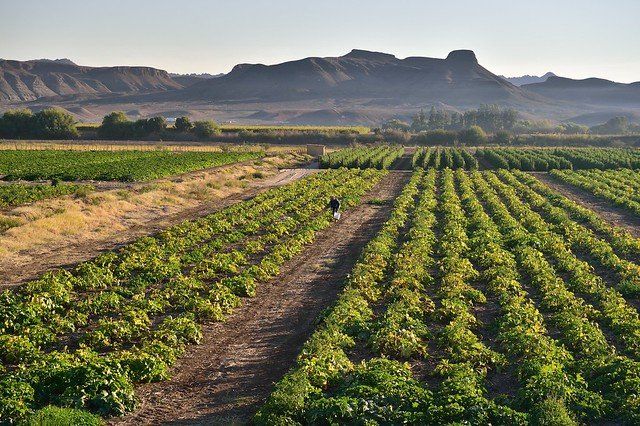1MG FlippingBooks
Australia and Canada expand partnership to improve African food security
The expansion of the Cultivate Africa’s Future Fund (CultiAF), a partnership between the Australian Centre for International Agricultural Research (ACIAR) and the Canadian International Development and Research Centre (IDRC), marks a significant step towards improving food security across Eastern and Southern Africa.
Poor performance in the agricultural sector has led to stunted economic growth in Sub-Saharan Africa as more than 70 per cent of the rural population is dependent on agriculture for their livelihoods.
To address this, ACIAR and IDRC have jointly invested AU$37 million in the CultiAF partnership to foster economic growth, reduce poverty and improve food security in the region.
Over the past six years, CultiAF has delivered agricultural science research for African development projects across four key themes:
·increasing productivity and reducing post-harvest losses
·linking agriculture, nutrition and human health
·gender equality
·climate change and agricultural water management
This research has been used to develop and scale up sustainable, climate resilient and gender responsive innovations for smallholder agricultural producers.
The upcoming expansion of the Fund will target smallholder farmers in Ethiopia, Kenya, Uganda, Malawi, Mozambique, Zambia and Zimbabwe. It is expected to build the capacity of farmers in these countries, many of whom are female, and help them generate practical and economically viable solutions.
The program will also engage with young people to address their economic concerns and build a new generation of smallholder farmers. These efforts will contribute to Australia’s commitment to combating hunger and food insecurity throughout the developing world.
“Global partnerships have great potential in boosting food and nutrition security, not just in Africa, but globally,” says ACIAR CEO Professor Andrew Campbell. “ACIAR recognises the value of research in the development of agriculture, targeting especially smallholder farmers.”
Phase two of CultiAF will also seek further engagement with the private sector, NGOs and civil society organisations. The aim of phase two is to build innovative partnerships to provide insight into new markets and product development, improve extension delivery mechanisms and clear pathways for policy engagement.
You can read more about CultiAF via the IDRC website.

















